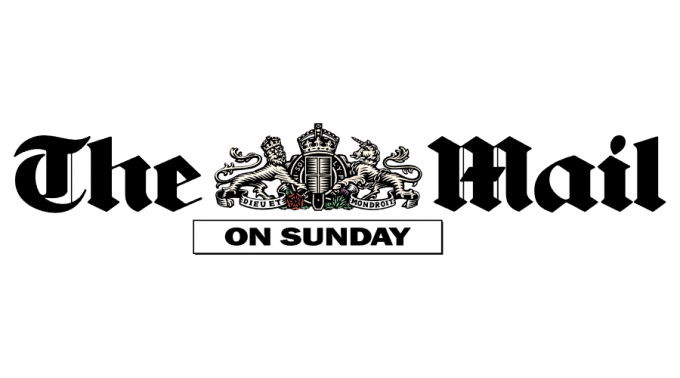Trusts set up to preserve fortunes of rich families can protect YOURS too: here’s how you can invest
By JEFF PRESTRIDGE FOR THE MAIL ON SUNDAY
PUBLISHED: 22:16, 9 May 2020 | UPDATED: 09:01, 10 May 2020
Terry Smith is one of the shrewdest investors to come out of this country in a long, long time – although he now runs his successful investment operation Fundsmith from the sun-kissed island of Mauritius in the middle of the Indian Ocean rather than the UK (currently enjoying its own bit of sun-kissing).
What Smith doesn’t know about company accounts and investing can be written on the back of a postage stamp. And his track record speaks for itself…
But it was what he then went on to say about dividend income that was even more eyebrow-raising. Anyone hell bent on investing for dividend income, he said, should consider investing alongside a family which founded and has control of a public company.
To prove his point, he said that of the 47 ‘family-influenced’ stocks that are listed on the Stoxx 600 – an index of 600 leading European companies – only three have so far cancelled or postponed dividends…
James Carthew is co-founder of investment research company QuotedData. He has spent more than 35 years in the City working as an investment analyst and fund manager and agrees with Smith that investing in family-controlled companies – especially investment trusts – can make great sense.
He says: ‘Many of us would like to build a nest egg that we can pass on to our families. A few of the UK’s most prominent investment trusts started out that way. Family fortunes, often made in the 19th Century, were invested in stocks and shares for the benefit of future generations.
‘Investing alongside these founding families can give investors a sense of security. It helps though to have a sense of what the family is after – income, capital preservation or capital growth – and ensure that their ambitions and attitude to risk are aligned with yours.’
Here, The Mail on Sunday gives you the lowdown on those investment trusts where family money still influences the way that they are managed.
Read more here
